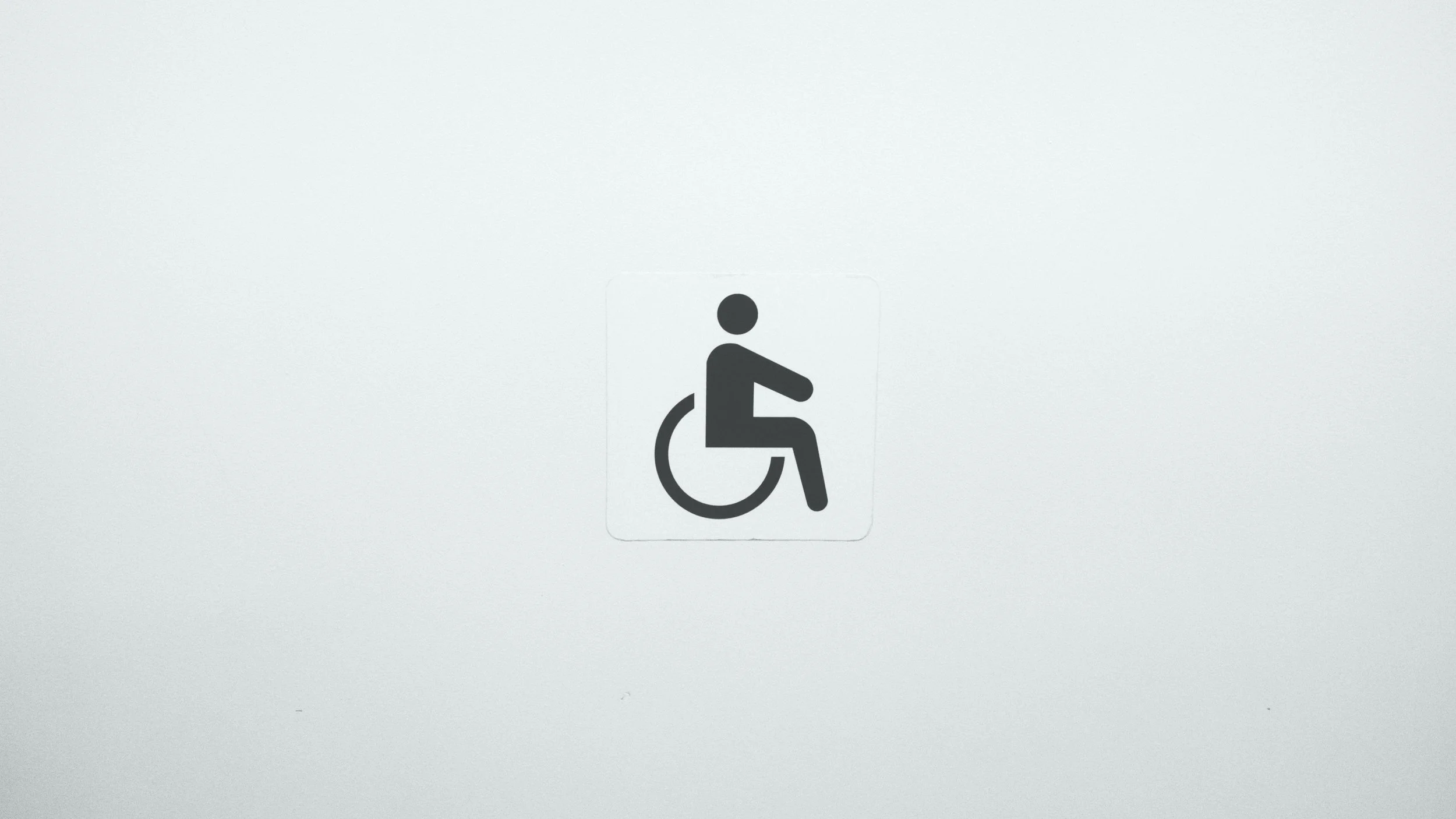Is anxiety a disability?
WHEN DOES A MENTAl health condition “COUNT” AS A DISABILITY?
By Jackie Menjivar
(Julius Carmine / Unsplash)
When you ask if anxiety is a disability, there’s actually a couple of different things you could be asking about. Are you protected from discrimination because of your anxiety? Does your anxiety qualify you for social assistance from the government? As someone with anxiety, is it okay to identify as a “disabled person”?
These are all circling around that core question about mental health disabilities — and what counts as one legally, socially, medically, or otherwise. And because it’s a complex question, we’ve got a complex answer. Let’s get into it.
What mental illness is considered a disability?
Not to split hairs, but it really depends on what you mean by disability — because there actually isn’t one universal definition of disability. But the short answer is that any mental health condition can be considered a disability.
When is mental illness legally considered a disability?
You’ll often find disability used as a legal term — one that usually describes a person who’s disadvantaged by a certain law, policy, or program because of their condition. But even that has different interpretations depending on the context.
In the eyes of the Social Security Administration (SSA), disability means that your condition keeps you from being able to work. Under the Americans with Disabilities Act (ADA), the condition has to limit a “major life activity” like learning, communicating, sleeping, or taking care of yourself. And for the Individuals with Disabilities Education Act (IDEA), the condition has to be within 13 predetermined disability categories and “have an adverse effect” on your education.
If that all feels a little vague and subjective, it’s because it is. Mental health conditions can qualify as disabilities under any of these legal definitions, but it’s really on a case-by-case basis. There’s plenty of legal precedent for it, though. For example, the law supported this worker who was fired because of his depression, as well as these Stanford students who helped reform their school’s discriminatory leave-of-absence policy.
More info on what these disability laws say about mental health conditions:
The SSA lists mental health conditions as impairments that could potentially qualify for social assistance. In 2020, about 20% of people who received social assistance had a mental health condition.
The IDEA has a disability category for “emotional disturbance” that a lot of mental health conditions would fall under.
The ADA was amended in 2008 to give broader coverage to all types of disabilities, including mental health conditions. The US Justice Department even explicitly lists major depressive disorder as an example of a covered disability.
(BTW, none of this is legal advice. Seek out legal counsel from a professional if you’re curious about your specific situation.)
Can I identify as disabled if I have a mental illness?
Yes, and here’s why. Let’s start with some non-legal frameworks for disability:
For several years, we’ve been moving towards a social model of disability, which views disability as a relationship between a person and their environment — you’re restricted from participating in an activity because the environment wasn’t created with you and your condition in mind. Disability is imposed on you by your society and culture. For example, people who use wheelchairs are disabled by physical steps and steep angles in their environment. By changing the environment (adding curb cuts and ramps to the sidewalk) those same people are able to access the space equally.
Along with the social model, we’ve seen a rise in the identity model of disability. It similarly shifts the responsibility for change from the individual to the context they exist in. “Contrary to the movement for person first language and belief that people should not be defined by a specific diagnosis, this approach considers disability a significant part of who you are as a person and how you experience the world” said Kelly Davis, MHA’s associate vice president of peer and youth advocacy. “Proponents believe disability and Disabled should not be considered bad words.” This approach is “more interested in forging a positive definition of disability identity based on experiences and circumstances.” It recognizes Disabled people as a marginalized group, and it encourages people to find solidarity and community in the face of shared oppression.
All that to say: if you feel like the systems around you weren’t made to be inclusive of you and your mental health condition (which is definitely possible), then it’s totally valid to self-identify with disability, disability pride, and the broader disability rights movement. Ultimately, your experiences are what determine your identity.
Okay but… is anxiety a disability?
Yeah, it can be! And that’s not just theoretical — there are lots of real-world examples where courts decided that legally it was. (But of course, your mileage may vary.)
And no one is stopping you from self-identifying your anxiety as a disability — lots of people with anxiety do! If you need some extra affirmation, here’s a really powerful piece from a person with anxiety about how they came to identify as disabled.
—
With all these technicalities and nebulous definitions for disability, you might start to wonder why people even bother with the label. What it boils down to is this: as a term, disability helps people communicate unequal access and get the accommodations and understanding that they need — whether that’s at school, in the workplace, or just socially.
Remember that your disability doesn’t have to be visible to be valid, and you deserve every opportunity to equally access and participate in the world around you.

